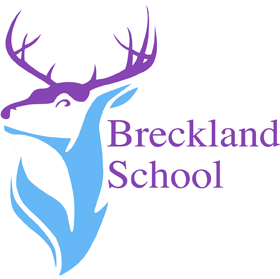“That is part of the beauty of all literature. You discover that your longings are universal longings, that you’re not lonely and isolated from anyone. You belong.”
F. Scott Fitzgerald
| Curriculum Intent |
| The study of English literature and language enriches the lives of young people, allowing them to experience cultures, customs and traditions from different voices and different periods of history. It is our moral duty to ensure that our young people are given the opportunity to explore literary works that provoke discussion and debate, challenge preconceptions and beliefs and encourage deeper thinking about the social, cultural, and historical context in which the texts were written. Developing a love and appreciation of literature and a knowledge of the English language helps students to become more tolerant, empathetic, and open-minded; stories are the gateway to understanding the world and our place in it. |
| Powerful Knowledge in English |
| The English curriculum is the gateway to all other learning. In particular, advance reading skills allow us to pursue learning all our lives; essential in a rapidly advancing and increasingly globalised world. The English curriculum provides students with knowledge that empowers them to communicate with others more effectively. Moreover, it equips them with the knowledge of some of the greatest writers and stories ever told, enabling them to enter into the academic conversation and develop a love of literature. Students are entitled to enjoy the exploration and study of literature that brings a richness to our lives and, coupled with skilful oracy, allows us to better understand our world and participate in its preservation and improvement. |
| Curriculum Features |
| Teaching in the English faculty is based upon three fundamental principles: the importance of stories, the importance of communication and the importance of language. We explore a wide range of stories, covering a diverse, engaging and challenging collection of literature, from oral stories in the Greek tradition to the rise of the novel in 19th Century England along with more contemporary texts reflecting a modern-day globalised world. We aim to develop a love for reading, whilst fostering curiosity and critical thinking, providing our students with a metaphorical window into other worlds and a mirror of their own lives through the power of stories. The curriculum is enhanced via opportunities to read in mentor time and through access to a school library. The ability to communicate effectively is fundamental to success and our English curriculum recognises the value of oracy and the importance of communication. Opportunities for debate and engaging in creating and delivering presentations are core features of our curriculum. Finally, our curriculum embraces the power of language. Students study the use of language to argue, persuade, inform, entertain and influence, exploring topics as diverse as the spread of fake news to speeches on human rights, as well as articles on mental health or climate change. We encourage our students to use the power of words both creatively, (to express anger or find solace through the medium of poetry) and formally (to seek change or to influence in the important issues of the day). Above all, studying English is the key to a world where students have the tools to make sure they are heard, to effect positive change and to explore what it means to be human. |
| Curriculum Enrichment |
| Shadowing the Carnegie Award |
